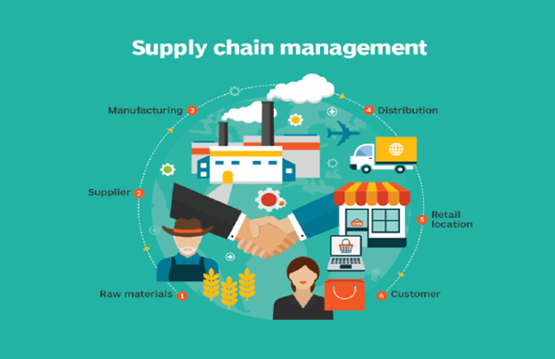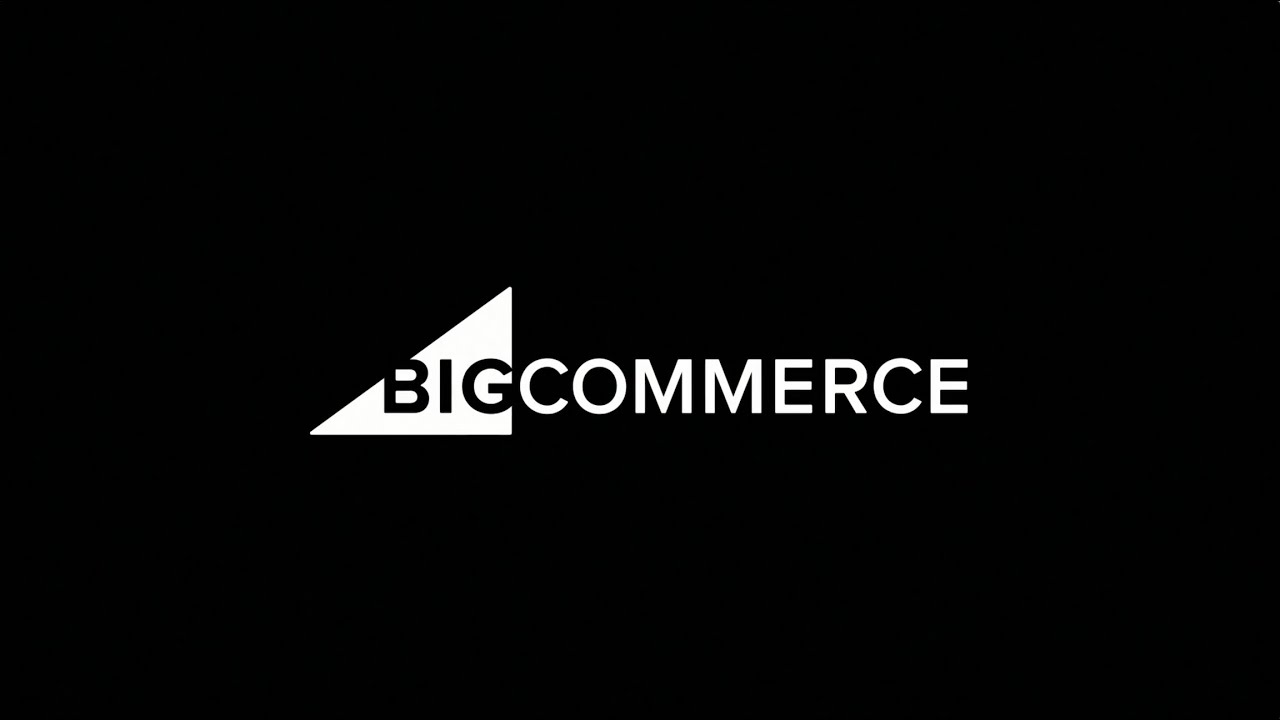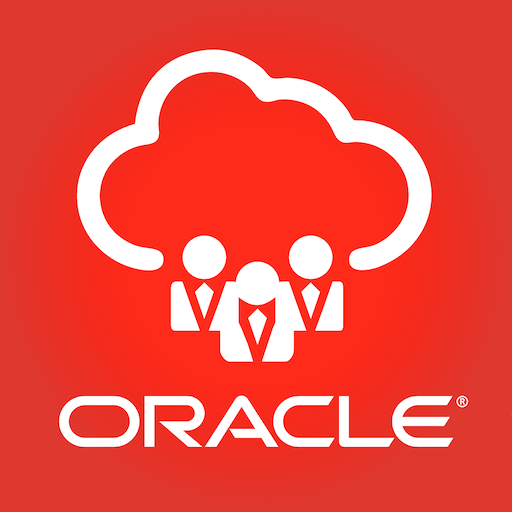1: Introduction to Supply Chain Management (SCM)
1.1 Overview of Supply Chain Management and Its Importance in Business
1.2 Key Components of the Supply Chain
1.2.1 Suppliers
1.2.2 Manufacturers
1.2.3 Distributors
1.2.4 Retailers
1.2.5 Customers
1.3 The Role of Technology in Transforming Supply Chain Operations
1.4 Overview of Popular SCM Applications
1.4.1 SAP SCM
1.4.2 Oracle SCM Cloud
1.4.3 Microsoft Dynamics 365
2: Supply Chain Planning Fundamentals
2.1 Understanding Demand Forecasting and Its Impact on Supply Chain Efficiency
2.2 Techniques for Effective Supply Chain Planning
2.2.1 Collaborative Planning
2.2.2 Forecasting
2.2.3 Replenishment (CPFR)
2.3 Utilizing SCM Applications for Demand Forecasting and Inventory Management
2.4 Hands-on Exercise
2.4.1 Creating a Demand Forecast Using Forecasting Software
3: Inventory Management Systems
3.1 The Role of Inventory Management in Supply Chain Optimization
3.2 Types of Inventory
3.2.1 Raw Materials
3.2.2 Work-in-Progress
3.2.3 Finished Goods
3.3 Strategies for Effective Inventory Management
3.3.1 Just-in-Time (JIT)
3.3.2 Safety Stock
3.3.3 ABC Analysis
3.4 Using Inventory Management Applications
3.4.1 Monitoring Stock Levels
3.4.2 Automating Reordering
3.5 Case Study
3.5.1 Implementing an Inventory Management System in a Manufacturing Environment
4: Logistics and Transportation Management
4.1 Overview of Logistics Management and Its Significance in SCM
4.2 Key Components of Transportation Management
4.2.1 Routing
4.2.2 Carrier Selection
4.2.3 Freight Optimization
4.3 Utilizing Logistics Management Software
4.3.1 Tracking Shipments
4.3.2 Optimizing Delivery
4.4 Hands-on Practice
4.4.1 Creating a Logistics Plan Using a Transportation Management Tool
5: Supplier Relationship Management
5.1 The Importance of Supplier Relationships in the Supply Chain
5.2 Strategies for Effective Supplier Selection and Evaluation
5.3 Using Supplier Relationship Management (SRM) Tools
5.3.1 Monitoring Performance(Ref: Project Management Tools for Business: Tracking Progress and Productivity)
5.3.2 Ensuring Compliance
5.4 Automating Procurement Processes through SCM Applications
5.5 Case Study
5.5.1 Successful Supplier Collaboration Using SRM Software
6: Supply Chain Visibility and Analytics
6.1 The Significance of Visibility in Supply Chain Management
6.2 Key Performance Indicators (KPIs) for Measuring Supply Chain Performance
6.3 Utilizing Analytics Tools for Gaining Insights into Supply Chain Operations
6.4 Real-time Monitoring of Supply Chain Activities
6.5 Hands-on Exercise
6.5.1 Analyzing Supply Chain Data for Decision-Making
7: Risk Management in Supply Chain Operations
7.1 Identifying and Mitigating Risks in the Supply Chain
7.2 The Role of Technology in Enhancing Supply Chain Resilience
7.3 Setting Up Risk Assessment Frameworks Using SCM Applications
7.4 Case Study
7.4.1 Managing Supply Chain Disruptions Through Effective Risk Management
8: Integrated Supply Chain Systems
8.1 The Importance of Integrating Supply Chain Functions for Improved Efficiency
8.2 Overview of Integrated Supply Chain Management Solutions
8.3 Utilizing ERP Systems to Connect Supply Chain Activities
8.4 Best Practices for Successful Integration of Supply Chain Applications
8.5 Hands-on Practice
8.5.1 Configuring an Integrated Supply Chain Workflow
9: Sustainable Supply Chain Management
9.1 Understanding Sustainability in Supply Chain Operations
9.2 Strategies for Reducing Waste and Optimizing Resources
9.3 The Role of Technology in Promoting Sustainable Practices
9.4 Utilizing SCM Applications to Track and Report Sustainability Metrics
9.5 Case Study
9.5.1 Implementing Sustainable Practices in a Global Supply Chain
10: Emerging Trends in Supply Chain Management Technology
10.1 The Impact of Artificial Intelligence (AI) and Machine Learning (ML) on Supply Chain Optimization
10.2 Blockchain Technology and Its Applications in Supply Chain Transparency
10.3 The Rise of IoT (Internet of Things) in Supply Chain Management
10.4 Future Trends: Digital Supply Chains and Autonomous Logistics
10.5 Hands-on Exploration
10.5.1 Testing Emerging Technologies in Supply Chain Applications
11: Change Management and Implementation Strategies
11.1 Understanding the Challenges of Implementing SCM Applications
11.2 Best Practices for Change Management in Supply Chain Organizations
11.3 Developing a Roadmap for Successful SCM Application Implementation
11.4 Engaging Stakeholders and Ensuring User Adoption of New Tools
11.5 Case Study
11.5.1 Lessons Learned from a Successful SCM Implementation
12: Final Project and Hands-On Lab
12.1 Hands-on Exercises Using SCM Tools
12.2 Simulating a Complete Supply Chain Operation from Planning to Execution
12.3 Final Project
12.3.1 Developing a Comprehensive Supply Chain Optimization Plan for a Business Scenario
Conclusion
Supply Chain Management applications have become vital in today’s globalized business environment, enabling companies to optimize operations, enhance collaboration, and improve efficiency across the entire supply chain. From procurement and inventory management to logistics and demand forecasting, SCM software solutions help businesses navigate complex networks while maintaining a competitive edge. By adopting the right SCM applications, organizations can not only improve day-to-day operations but also drive strategic growth, adapt to market changes, and ensure long-term sustainability in the supply chain.
Reference







Reviews
There are no reviews yet.